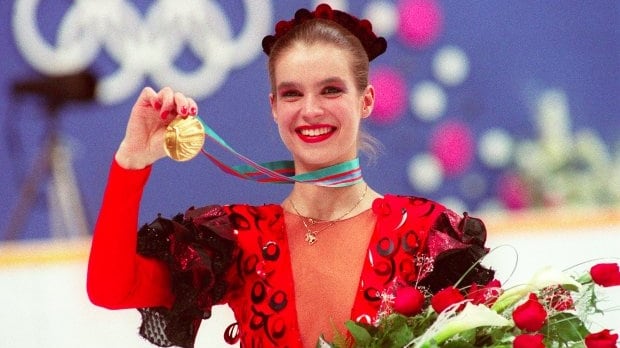Culture
Daniel Janin/AFP/Getty
Olympian Katarina Witt: I Felt 'Betrayed' By East Germany's Secret Police
OLYMPIANS
Katarina Witt was a figure-skating champion and the darling of the East German regime—but after the Wall fell, she learned a dark secret.

Trending Now





